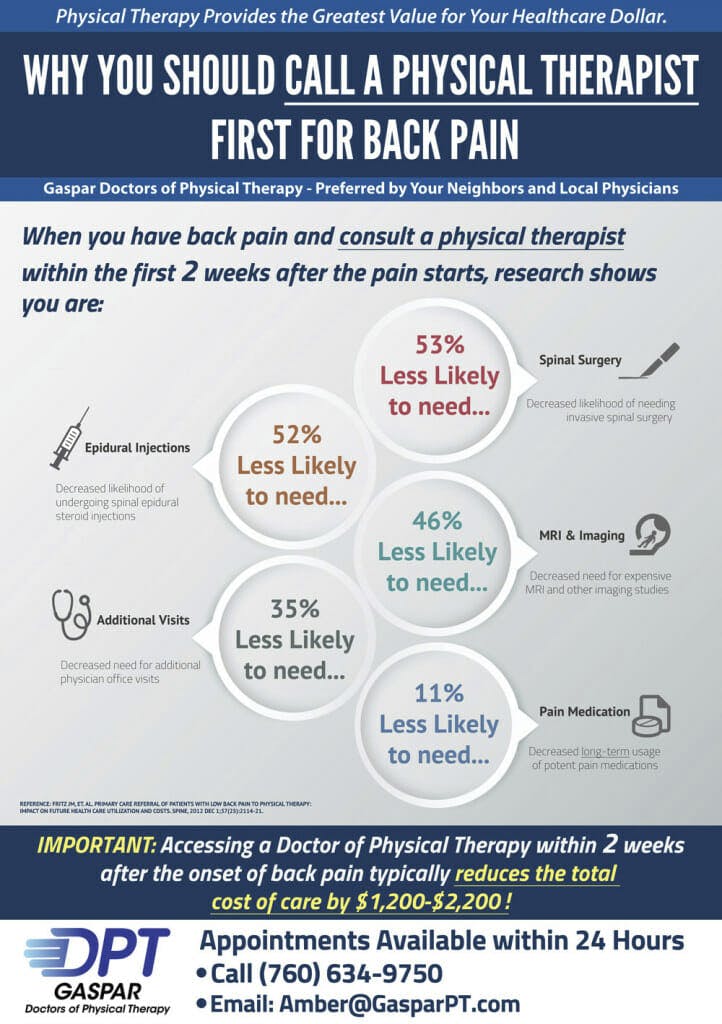The AIDA diagram pictured describes the path that a consumer will follow to become a patient. In this conceptual funnel, the patient passes from one step to the next. Those that do not move to the next step, are said to have “fallen or leaked out of the funnel”.
I particularly like this way of describing the patient’s buying journey because it’s easy to understand. It’s one of the first buying models of advertising that I was introduced to quite some time ago.
There are 4 stages in the model:
- Attention,
- Interest,
- Desire, and
- Action.
The AIDA model is one class of collective models knows as the Hierarchy of Effects which is summarized here in this article. The hierarchy of effects theory describes how advertising affects consumers’ behavior and leads to the transition from not knowing a product or brand to liking it and finally making the action to purchase.
Physical Therapy Marketing and AIDA
AIDA model can be tailored to the physical therapy market of course. Each stage of this model helps practice owners and marketers conceptualize the thoughts patients move through and allows one to analyze key points to identify opportunities for improvement.
Attention – think about how you might be able to make people aware of your practice’s services. This is commonly called an outreach strategy, outbound, or advertising strategy. Examples might be direct mail, Facebook Ads, Google Ads, SEO, etc.
Interest – once you’ve captured the attention of a potential patient, you’re just getting started. Now, you must hold consumer’s interest long enough to relay your most pertinent information in order for them to take the next step in the AIDA process. You can accomplish this in any number of ways (and should take advantage of as many as possible). A fast loading, beautiful looking, easy to read, and easy-to-use website, is a great way to maintain a potential patient’s interest. No matter how you choose to hold interest, it is crucial to continue to move your consumers to the next stage in the AIDA hierarchy.
Desire – think about how you arouse desire in a prospect’s mind to choose your physical therapy services. One excellent way to position your practice as the clear choice is to have a custom designed, responsive website that tells a great story about how the patient can achieve his/her goals by choosing your practice.
Action – not that a member of your community is aware of you, becomes interested in your physical therapy services as a solution to their problem, desires the benefits/results/outcomes they can achieve by working with you, you need to move them to take action. In other words, this is a final reminder to call the office or request a digital appointment.
If you’re interested in generating more new patients affordably and using the web to do it, we can help.
Click here to schedule a time with me now!

